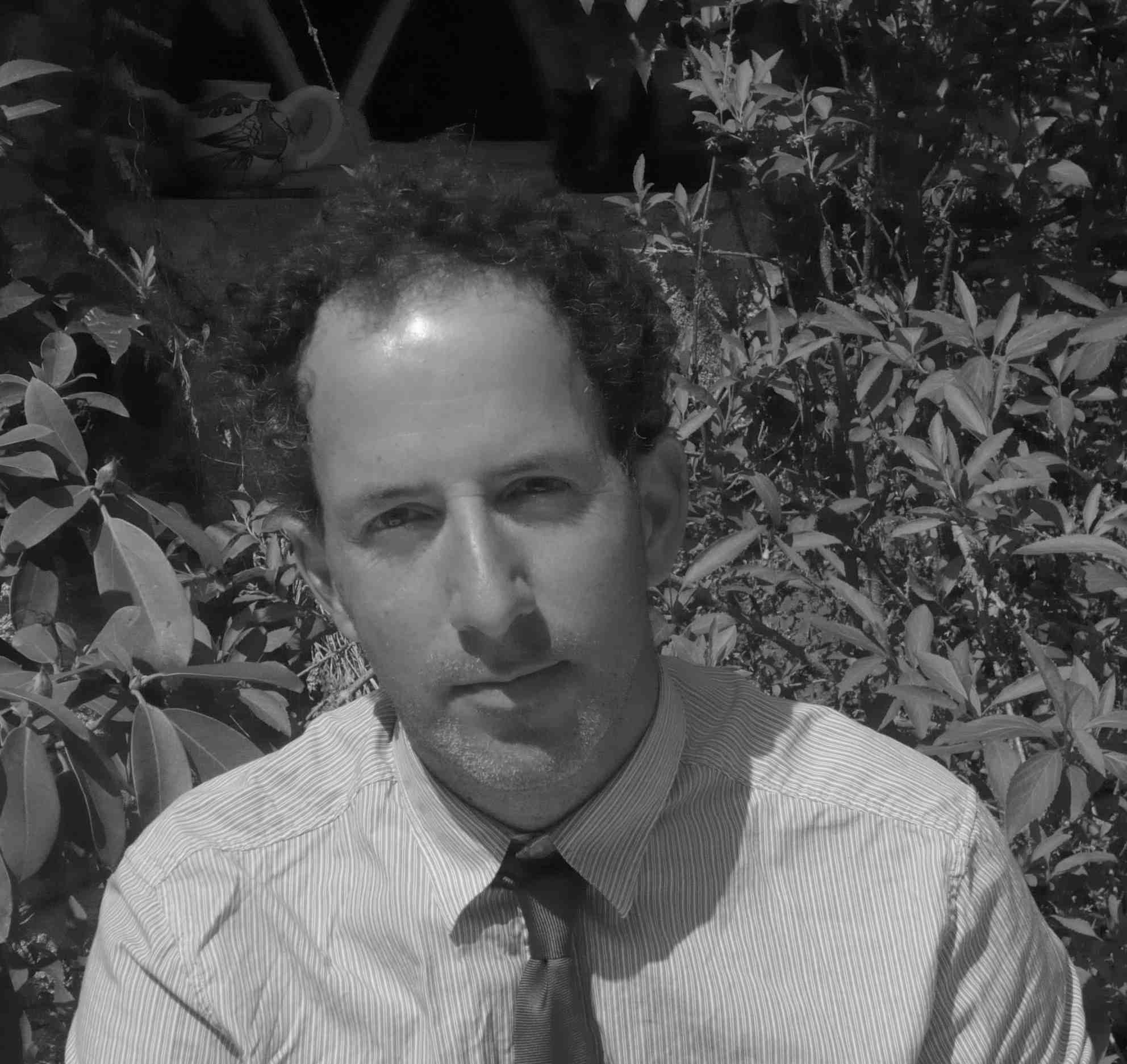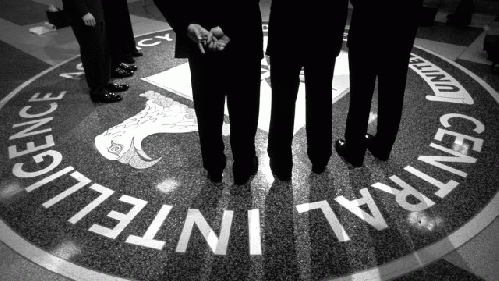The CIA has long had a cozy relationship with media by Mystic Politics
Revelations (and what is much worse, revelations in rival papers) that the US runs a worldwide eavesdropping network that traps just about every communication of every possible kind on the planet, has prompted a flood of articles in the Times . Leader after leader has thundered out from the offices on Eighth Street. But these are not quite the sterling defenses of civil society and freedom of expression we might expect. Far from it. Rather, the Grey Lady has sided closely and rather shamelessly with the government and its secret agencies, and wherever possible tried to belittle or undermine its critics.
Operation Mockingbird
"Mr. Snowden broke the agreement he made to keep these materials secret. He appeared forthright in confessing to the act and can use his testimony, should he be brought to trial, to make the case that he exposed a serious abuse of power (though, technically, he did not blow the whistle on fraud or criminal activity).'
This followed closely on the heels of a story published online on June 9, 2013, "Ex-C.I.A. Worker Says He Disclosed U.S. Surveillance' [3] which noted disdainfully that "the leaker is a relatively low-level employee of a giant government contractor', before adding sonorously that the episode "presents both international and domestic political difficulties for the Obama administration.'
It quoted at length a general statement from James R. Clapper Jr., the director of national intelligence, who was (and this is news, right!) worried that the revelations could create serious risks to national security. "We're very, very concerned about it,' he said. "For me, it is literally - not figuratively - literally gut-wrenching to see this happen, because of the huge, grave damage it does to our intelligence capabilities.'
Recall, as fellow writers here on OpEdNews have done [4], that before Edward Snowden there was Mark Klein, the telecommunications technician who revealed that AT&T was allowing the NSA access to vast amounts of customer data without warrants.
His allegations launched dozens of consumer lawsuits in early 2006 against the government and telecommunications companies for invasion of privacy- but guess what! nearly all fell flat on their faces when Congress granted the telecommunications industry retroactive immunity from legal challenges, an immunity which the Supreme Court upheld. Only one case was left - challenging the Justice Department's legal interpretation of the law that it was apparently relying on to collect consumers' electronic data without a warrant.- and who wanted this suit blocked too - James Clapper, like the loyal guard dog he is.
Clapper, the director of national intelligence, personally wrote to US District Judge Jeffrey White to throw out the remaining lawsuit. claiming implausibly that the government risks "exceptionally grave damage to the national security of the United States" if forced to fight the lawsuit."
The Times even offered guidance to the administration in their efforts to get Snowden back, earnestly hoping: "that the new administration of President Xi Jinping of China ... may be more inclined than usual to put pressure on officials in Hong Kong to hand over Mr. Snowden.' In a kind of "other news just in' about Surveillance of Citizens by Government, came a story [5] that stronger rules for protecting personal data would provide back door for Russian law enforcement into services like Gmail, and the character assassination in a piece headed "For Snowden, a Life of Ambition, Despite the Drifting' [6]
But let's stick to the editorials. On July. 8, 2013, in "The Laws You Can't See'. the Times unveiled its preferred "solution' to the core Fourth Amendment problem of mass surveillance and civil liberties (detailed in a specific news story two days earlier,) centered on better Congressional oversight of the Foreign Intelligence Surveillance Court - because "until Americans have clear view of court's dealings, they can not meaningfully debate cost of national security', says the online article summary loftily.
The idea had been trailed by (amongst others [7]) Max Frankel, former New York Times editorial page editor, on Jun. 23, 2013 in an Op-Ed article calling for the creation of court dedicated to overseeing government intelligence programs.
But perhaps most revealing of all was the editorial of July 3, following on the heels of an Op-Ed piece, July. 2, 2013 by Sen. Dianne Feinstein, "California Democrat and liberal lioness', which challenged liberals by defending the NSA's surveillance programs and arguing that the danger from terrorists not only justifies but demands an aggressive national security apparatus. In similar spirit, the editorial questioned the "authenticity of outrage' expressed by European governments over the NSA spying. In both cases, the message was: governments spying on citizens is a normal part of life. So much for the supposed Op-Ed page policy of airing a range of opinions!
Perhaps the most dishonest piece appeared on June. 20, 2013, where a technological explanation is offered for the mass surveillance, which insists, contrary to all the evidence that the rise of "data mining, both as an industry and as crucial intelligence tool', has created a "complex reality'. Here, it is accepted that both government and private corporations hunt, often collaboratively, for ways to collect, analyze and exploit large pools of data about millions of Americans, but (it is insisted) for vastly different reasons; "Silicon Valley does it to make money, while the National Security Agency does it for intelligence'. So what's dishonest about that?
But two facts that should not have eluded the Grey Lady's journalists, is that first, this story of mass interception of civilian communications is a not only a very old one, and secondly, that it has nothing to do with protecting the public, and everything to do with economics - an economics that is red in tooth and claw. Because, like everything else in the US, spying is big business.
Although we have all read many times (so it must be true) that the US security services (like the CIA and nowadays too, the NSA) primary mission during the Cold War was to fighting communism, and after 9/11 its job has been fighting terrorism, the subversive sociolinguist philosopher, Noam Chomsky has pointed out that actually, its priority has always been fighting democracy. From planting propaganda, corrupting elections to overthrowing democratic governments, from assassinating elected leaders to installing murderous dictators, the CIA has invariably opposed human rights and social justice and preferred instead dictatorships and the world-wide dominance of US based corporations. Not for nothing do the secret security services always recruit the nation's elite: millionaire businessmen, Wall Street brokers, members of the national news media, and Ivy League scholars.
Take Allen Dulles, for instance. The Director of the CIA at the height of the Cold War, was a senior partner at the Wall Street firm of Sullivan and Cromwell, representing the Rockefeller empire and other mammoth trusts, corporations and cartels. He was also a board member of the J. Henry Schroeder Bank, with offices in Wall Street, London, Zurich and Hamburg. The CIA has always been the property of businessmen, run for business reasons. Democracy doesn't come into it. In fact, democracy is rather a nuisance, along with concepts like "truth', "openness' and 'impartiality'.
(Note: You can view every article as one long page if you sign up as an Advocate Member, or higher).






